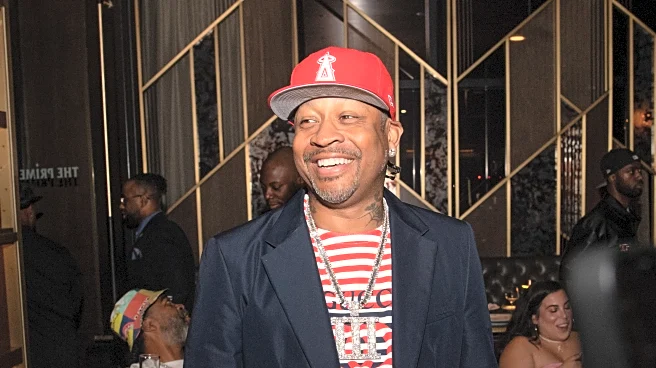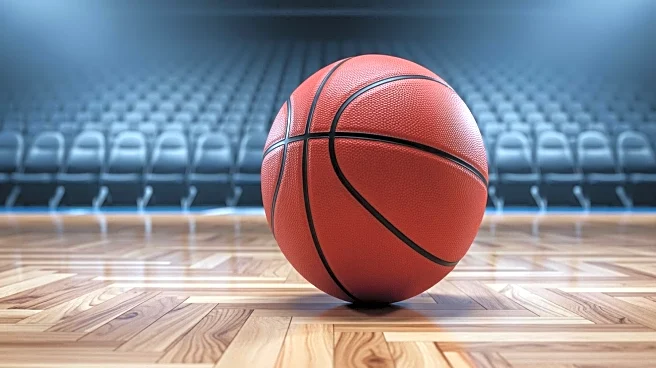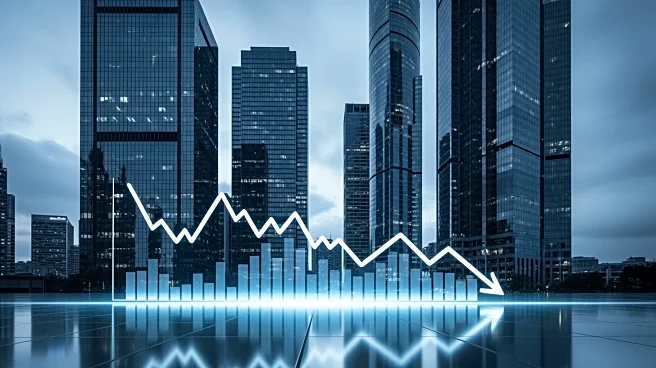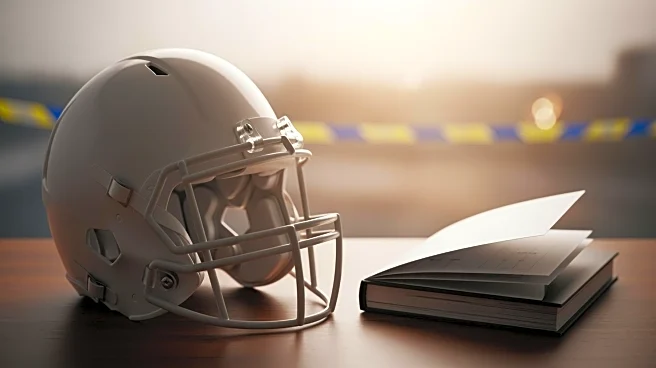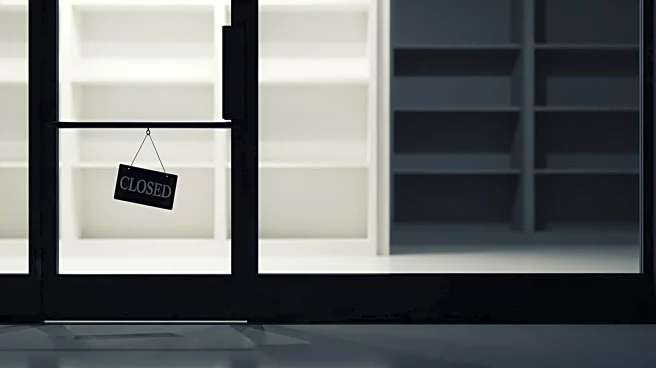It’s been more than a decade since Allen Iverson, arguably the most iconic player in Sixers history, last laced them up. Now fully settled into retirement, Iverson is taking time to reflect on his life
and career. He’s set to release a new documentary titled Allen Iv3rson, premiering on Amazon Prime later this month. Before that, his memoir Misunderstood hits shelves today, accompanied by a round of interviews where Iverson opens up about his journey, his legacy, and what’s next.
The 11-time All-Star sat down with CBS Mornings to discuss his new projects and reflect on his career. Early in the conversation, host Maurice DuBois asked Iverson why he chose to title his memoir Misunderstood.
“With this book, you’re hearing it straight from the horse’s mouth,” Iverson said. “Misunderstood comes from, you think you know, but you have no idea. There’s a lot of things people have said about me throughout my career. A lot of those things hurt.”
When asked what hurt him the most, Iverson replied, “Calling me a thug, when I know I’m not. [People] judging me off a look. I think that was one of the toughest things I had to deal with.”
Iverson’s path to basketball stardom was anything but easy. He grew up in poverty, carrying the weight of helping provide for his family from a young age. In 1993, he was convicted of “mob violence,” a charge that led to three months in prison before the case was eventually overturned. Hall of Fame coach John Thompson then offered Iverson a lifeline — an opportunity to play at Georgetown University. When asked about the state of college basketball today, Iverson said he “loved” that young players now have the chance to earn six figures while still in school.
“I was them,” Iverson said. “I was the guy that went to the refrigerator and it was baking soda, some water, and roaches everywhere. Like I’ve been that guy.”
Iverson even posed the question to himself: “Don’t you think they’re getting paid too much?” Then quickly answered, “They’re not getting paid enough.”
As many know, Iverson went on to dominate at Georgetown before being selected first overall by the Philadelphia 76ers in the 1996 NBA Draft. He would go on to redefine the NBA both on and off the court, showcasing a style and swagger that were uniquely his own — and sparking controversy that helped shape the culture of the early 2000s league.
“It was something the NBA had never seen before. Nobody had come in dressing like that — the diamond chains, the watches, the cornrows. Now, every guy in the league has his own style and personality, and fashion means a lot to them. These days, I get my flowers for that — from them.”
Iverson went on to have a prestigious career — multiple All-NBA selections and the 2001 NBA MVP. There’s no shortage of accolades to choose from, but according to Iverson, his biggest accomplishment didn’t happen on the court. It came much later, just a few months ago to be exact:
“One of my best decisions that I’ve ever made in my life was [to] stop drinking.” When asked how long Iverson has been sober, he responded with six months. When asked how he felt, he responded with “better than I did when I was doing it”
“When you get drunk, you’re not how you usually are. The more and more I see it, on other people, the more and more it makes me happy about the decision [I made]. And the more and more I see how the people around me appreciate it — I love it.”
From a human perspective, it’s inspiring to see that Iverson has made positive changes off the court. He has so much to offer to players, fans, and the world at large. Few have faced the challenges he has and come out the other side successful. With books, documentaries, and likely other projects on the way, there’s plenty of Allen Iverson content for fans to look forward to.
